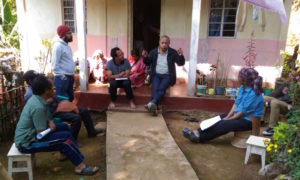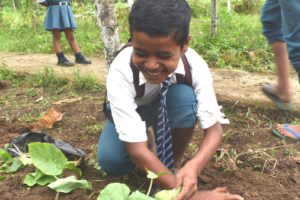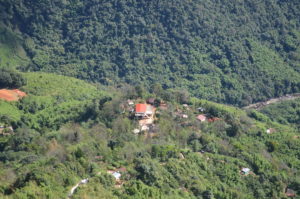Farm on wheels, an initiative to sell local produce has enabled the farmer groups to access diverse local markets in a decentralized manner. In doing so this initiative has set an example to all other farmer groups collaborating with NESFAS in Meghalaya and encouraged them to adapt it and take it forward in their areas.
The world is hit by a global pandemic, taking everyone by storm and severely impacting various regions. Covid-19 has disrupted the economy throughout the world with small farmers being particularly vulnerable as they lack base capital to tide over the lull in the economy. Closure of regular markets or their partial functioning subject to stipulated government protocols have caused great economic hardship to many. This, however, has not deterred the selfreliant Indigenous farmers. They have withstood this test of time and have come out with innovative solutions to tackle the crisis with the support of NESFAS (The North East Slow Food and Agrobiodiversity Society), a not-for-profit organization with its head-office in Shillong, Meghalaya that works to promote, defend and revive the indigenous food systems in North East India.
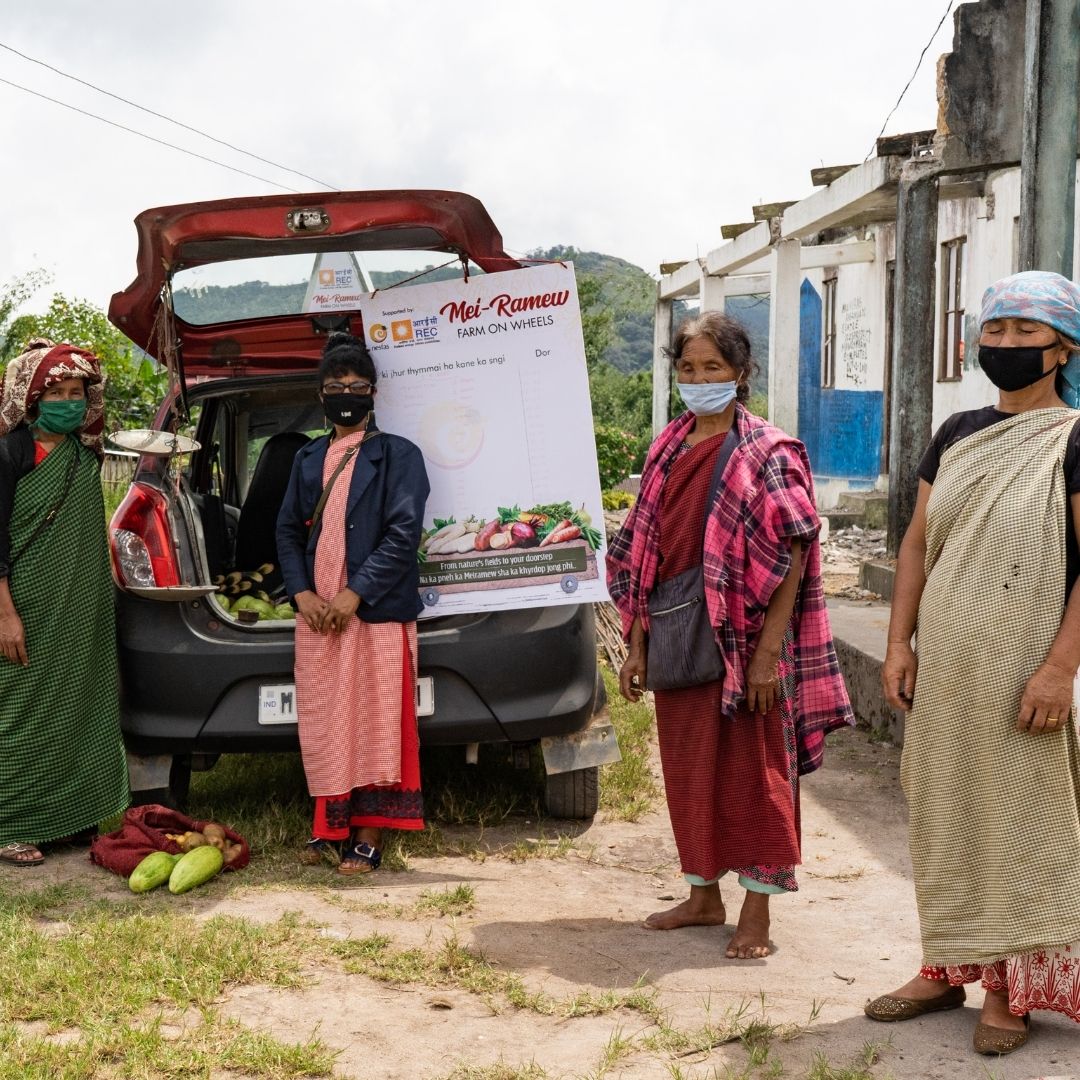
NESFAS is located in Shillong, the capital of Meghalaya. NESFAS is working in 130 villages of Meghalaya and Nagaland and is currently implementing a Rural Electrification Corporation (REC) Foundation funded project- ‘No one shall be left Behind “Biodiversity for Food, Nutrition and Energy security for 3000 households. At present NESFAS is engaged with 3249 farmers in various activities, primarily engaged with small scale Indigenous Women farmers who are mostly practicing shifting cultivation. Some are also engaged with more settled agricultural system like paddy and bun or terrace cultivation. These farmers keep local seeds which are passed on to them by their elders. Though the local seeds are slowly disappearing, special efforts are being made to revive them with help of activities like seed exchange programmes and establishment of community level seed banks.
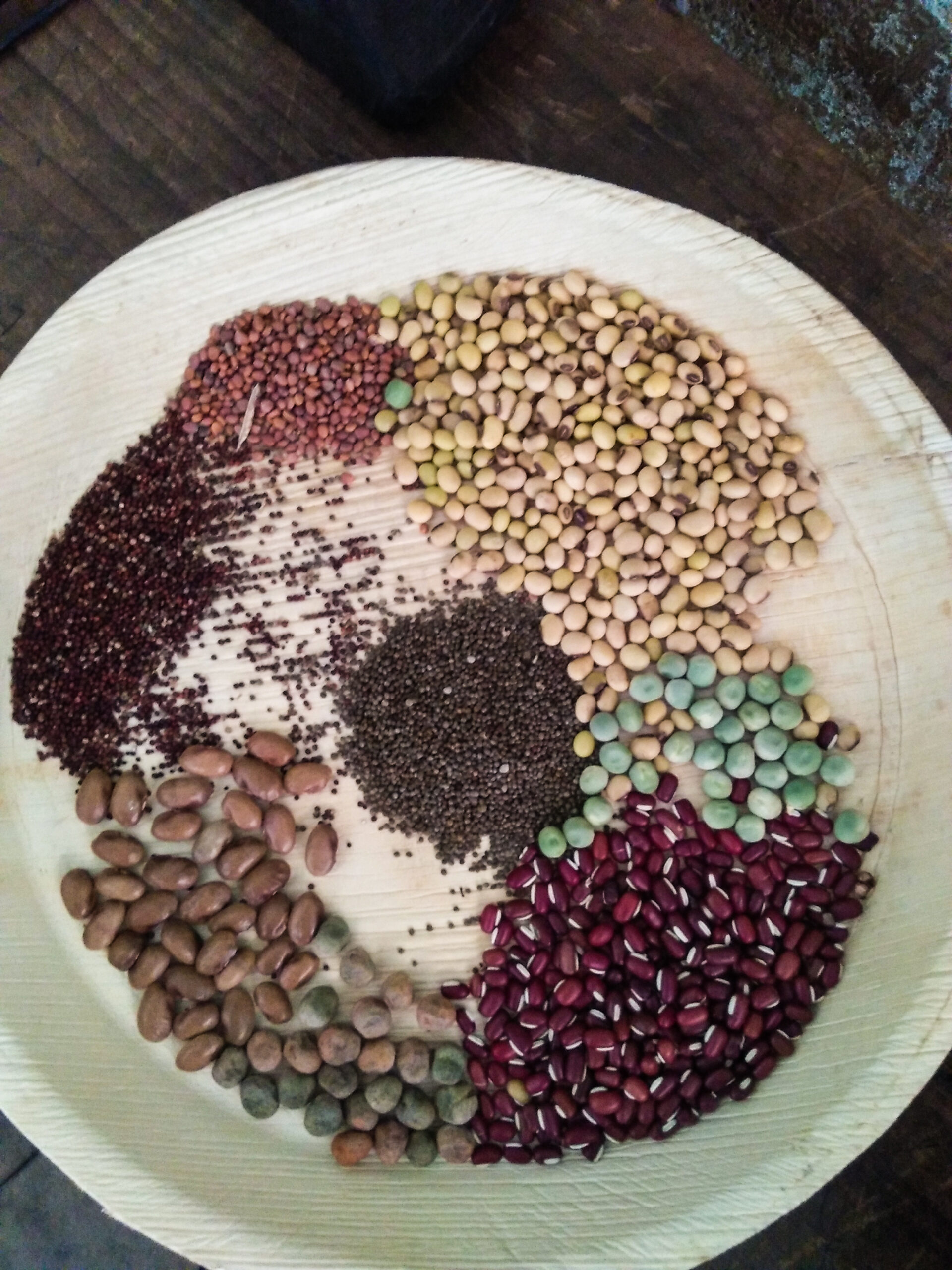
However, the challenge faced with with regard to tradeable quantities as most of the small scale farmers have limited quantities and sell only the surpluses. Even after aggregation, they realise small quantities thereby limiting the number of visits to the market. In doing so, this initiative has set an example to all other farmer groups collaborating with NESFAS in Meghalaya and encouraged them to adapt it and take it forward in their areas. In addition to the Farm on Wheel initiative some groups in West Jaintia Hills of Meghalaya, with the help of the Society for Urban and Rural Empowerment (SURE) has bridged the gap between farmers and consumers with a local online platform ‘Syllad’ which enables sale of vegetables online. NESFAS partner NGO, Society for Urban and Rural Empowerment (SURE) coordinates the process between the farmers groups and the online ‘syllad’ initiative. SURE notifies syllad on the availability of produce and helps in procuring the produce from the farmers. The produce is sold under the tab- Fruits and Vegetables on the syllad online store. For more details, please visit the website. This partnership also helped deliver the goods to the homes of the community members in both urban and rural areas. Farmers are also now putting in an extra effort to cultivate healthy local produce in their kitchen gardens/home gardens to increase production and are sharing local seeds with other members of the community who are in need.
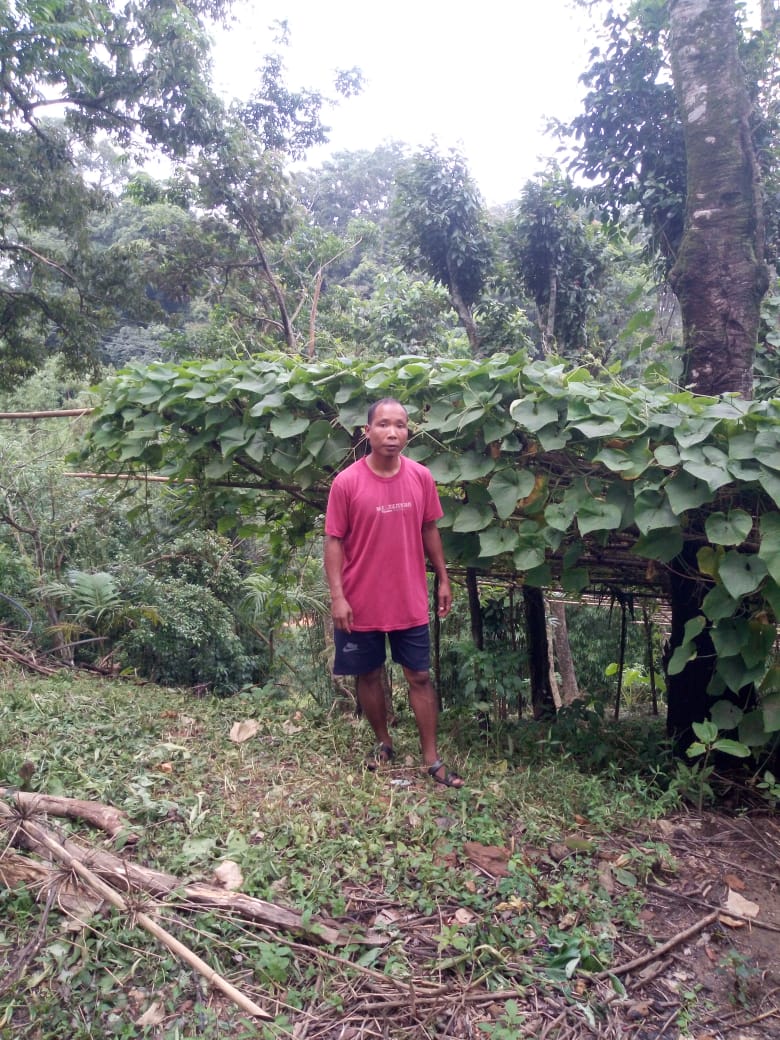
In Garo Hills, indigenous farmer groups have advocated the need for diverse kitchen gardens amongst community members. They are emphasizing on clean, local and nutrient-rich food for good immunity in our fight against the COVID-19 virus besides safe guarding domestic food security and livelihood sustenance. COVID-19 in some way has highlighted the importance of dependency on local diversity for food and livelihood. It has empowered the local farmers to strive for self-reliance and self sufficiency, something that the Indigenous farmers have always been advocating but had lost its significance in the day of mass-production centric industrial agricultural system.
This article was also published in Leis India


